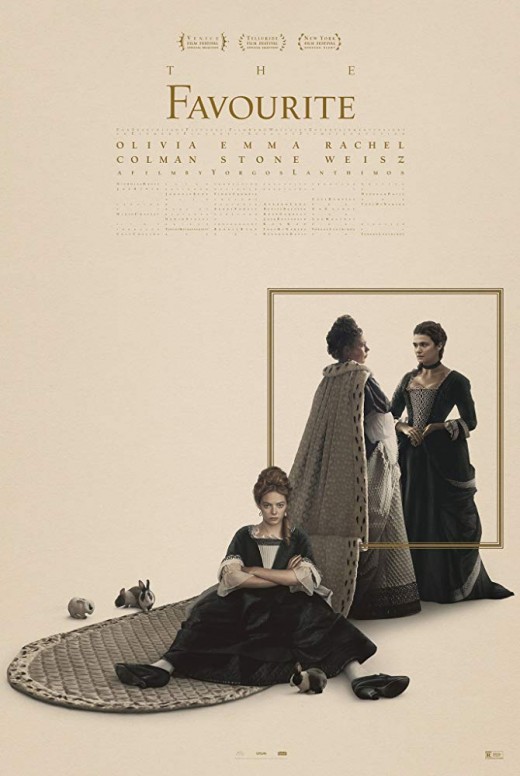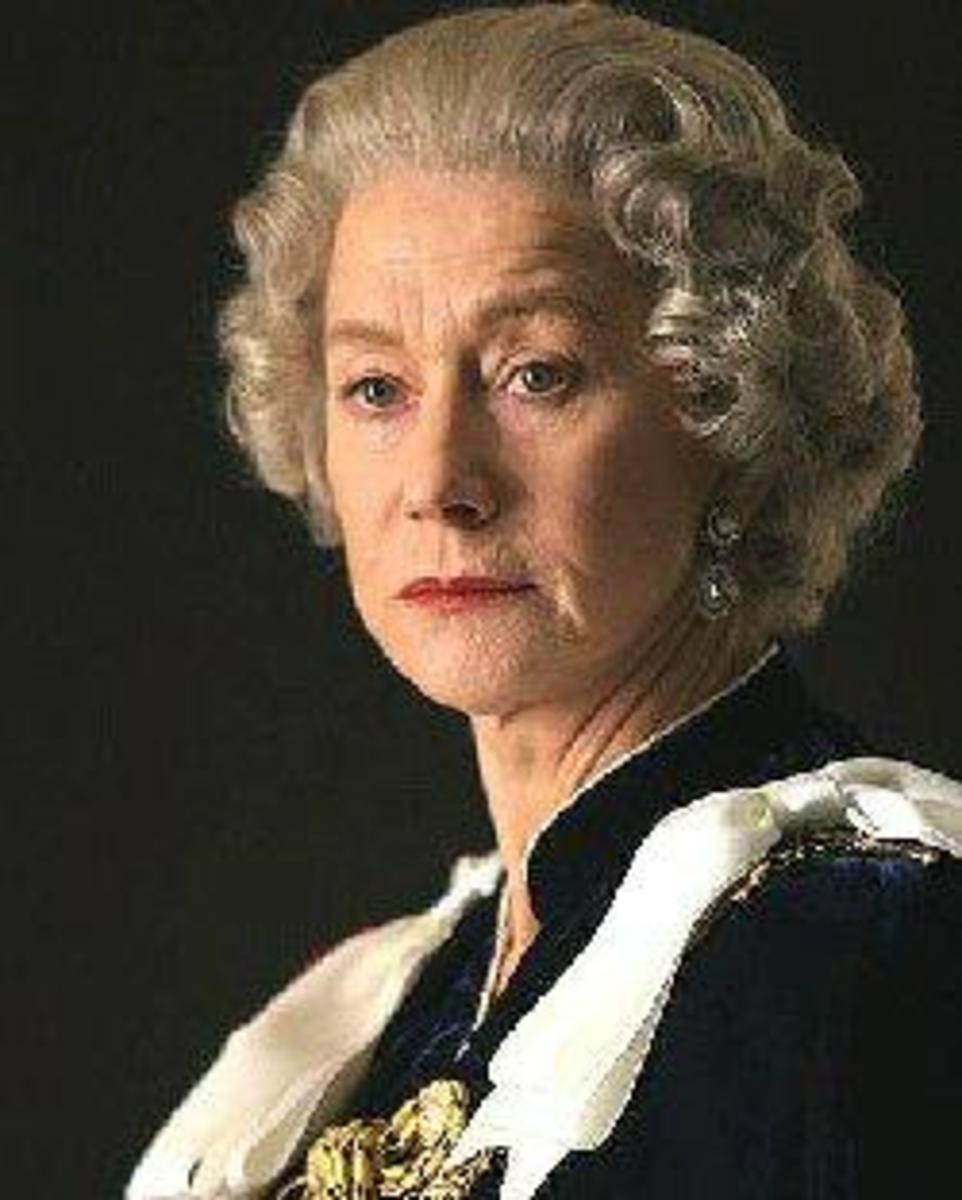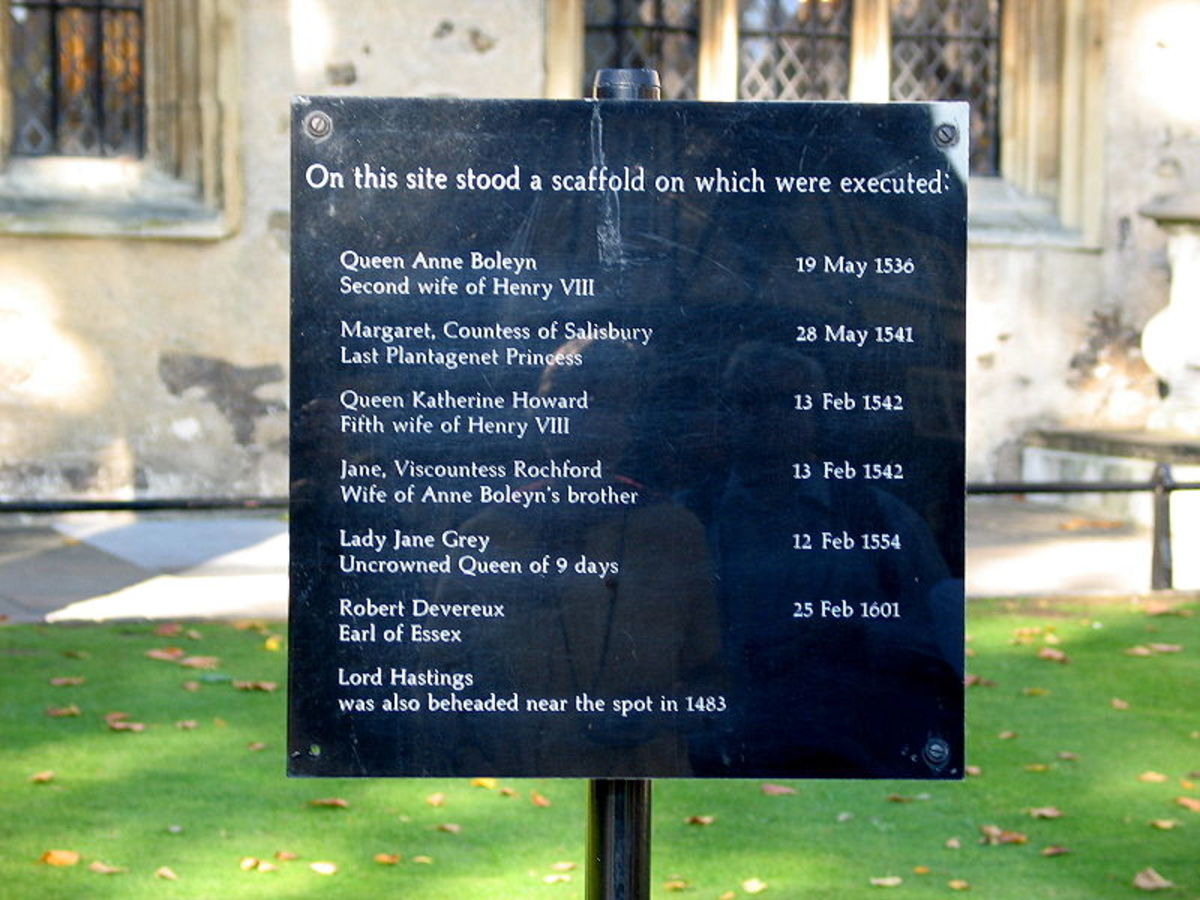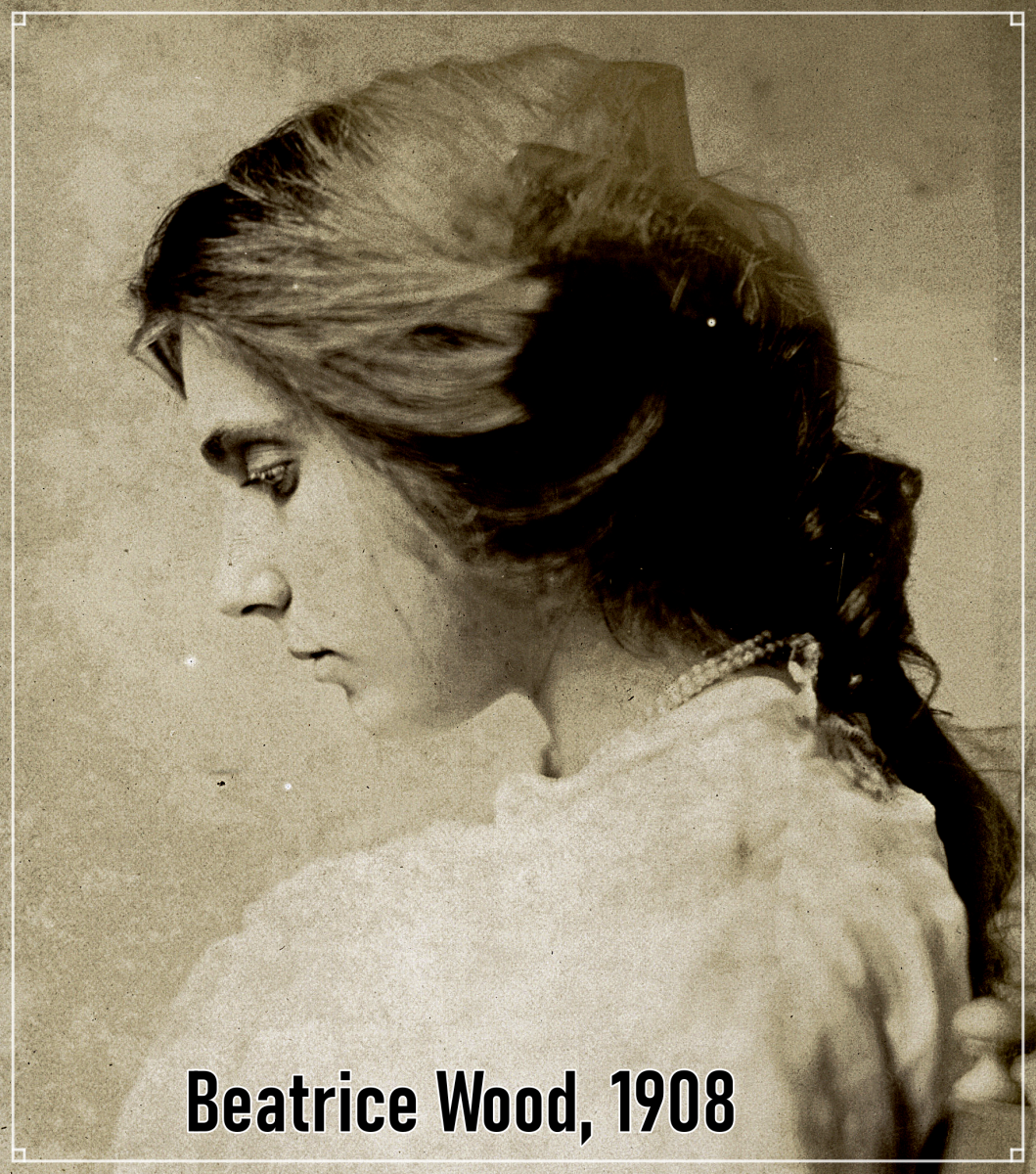If It Please The Queen: The Favourite

Synopsis
Late in the reign of England's Queen Anne, she suffered from gout, she mourned the loss of her husband, and was under pressure to bring an end to war on both sides of the Atlantic with France. Given her health, Anne required assistance for many of her daily rounds. The film The Favourite takes a look at the later part of the reign of Queen Anne (Olivia Colman), whose personal assistant is Sarah Churchill, Duchess Marlborough (Rachel Weisz). The Lady's husband, Lord Marlborough (Mark Gatiss), commands some of the English forces. Because of the Queen's weakened condition, Sarah not only has Her Majesty's ear, but she also often runs the affairs of state. The continued war funding has the concern of Parliament member Robert Harley, Earl Of Oxford (Nicholas Hoult), who finds the notion of more taxation troubling. The war, nevertheless, continues, in spite of calls for its end.
As these events unfold, Sarah's cousin, Abigail Hill (Emma Stone), whose once-privileged family had fallen on hard times, comes to the royal palace, seeking employment. She gets hired as menial labor, but when she sneaks off to gather herbs and make a salve for the Queen, Anne takes notice and makes the cousin a personal servant. Harley takes notice as he advises Abigail regarding her conduct, and wants to use her to find a way to push his call to end the French conflict. Sarah learns of the plan, but Abigail spikes her tea. Sarah blacks out while on horseback, and winds up at a bordello. The people there want Sarah to repay her debts in trade, but Earl Sidney Godolphin (James Smith) recognizes her, settles her debt, and gets her back to the castle. Abigail then looks for another way to help herself in taking influence from Lady Churchill.
Evaluatiom
The Favourite is set in early eighteenth century England, and based on the real-life people of English history, two of whom are ancestors of Winston Churchill. The movie smartly combines comedy and drama as a weakened ruler sometimes remembers that she has the final say on all issues. Usually, Queen Anne defers to Lady Churchill, but this deferral sometimes has unintended consequences. For example, Parliament asks for guidance regarding the war. Sarah has written a statement for Anne, but the Queen faints before delivering it. While more conventional than most of his previous films, director Yorgos Lanthimos captures the excitement of a power struggle that could go one of three ways. Lanthimos keeps viewers guessing until the very end, with a scene that will upset the most prudish.
The three lead performances showcase three talents in some of their best work. Colman is a weary Queen Anne, who puts in appearances in the palace when she sees fit. It's difficult for her to get around, but will make the effort with the aid of crutches and a wheeled chair. She is lonely, and often prefers the privacy of the royal bedroom, where she keeps seventeen rabbits, one for each child she carried, and none of whom survived her. Anne may seem as though she's lost touch with reality, and acts impulsively to her detriment, but she will act on facts, and act decisively. Weisz quietly schemes as Lady Sarah, making the long-running war seem worth the cost, though she knows otherwise. Sarah often treats Anne like a child, and even calls her Mrs. Morley in private. She likes to think of herself as the one who runs England, though she'll never wear the crown. Stone, as Abigail, schemes in her own way, trying to return to the station her father's ways had cost her. She enters a loveless marriage with Samuel Masham (Joe Alwyn), a Baron and colonel who serves under Sarah's husband, John Churchill. Abigail is the ultimate user, taking advantage of others whenever she can. Hoult is good in support as Harley, making his case for ending the war with much futility. I also enjoyed Smith as Godolphin, who takes pride in his racing duck, Horatio, proclaiming his winged companion as the fastest in England.
Conclusion
The final years of Queen Anne were sad in so many ways. Yet, she took comfort in the joys that remained in her life. In The Favourite, Anne may have had two people attempting to influence her thinking, but she had her moments where she remembered her role in England. Running the country may not have been foremost on the mind of the Queen, but she occasionally took the time to make it clear who wore the crown.
On a scale of zero to four stars, I give The Favourite 3.5 stars. A regal achievement.
The Favourite trailer
© 2019 Pat Mills








